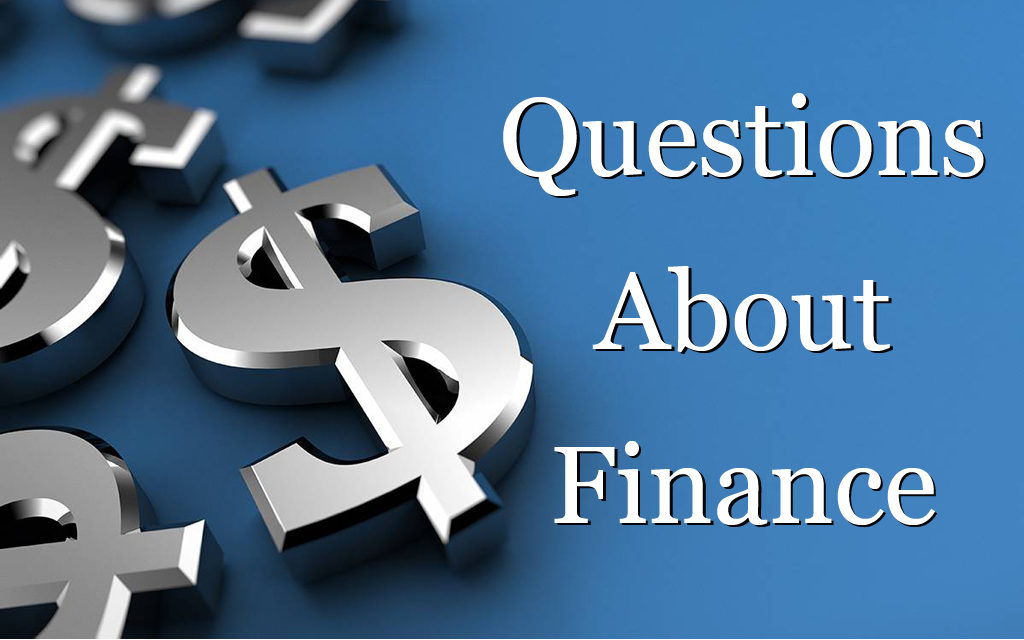By Taylor J. Kovar – Founder & CEO, Kovar Wealth Management
–Hi Taylor – I saw the term “superbubble” the other day in reference to the stock market and it seemed to have a pretty bad connotation. Can you explain?
–Hey Ginessa – Happy to break down the horrors that are a “superbubble.” To the best of my knowledge, the term was coined by a big hedge fund manager and used to describe a confluence of financial events that will take us toward a worse-than-normal crash. Because there are bubbles, and then there are superbubbles.
- Bubbles. You’ve probably heard the housing market crash of 2008 described as a bubble. The bubble analogy makes sense as we think of a floating ball of soap that suddenly explodes and is gone, but the finance behind it is a touch more involved. The root of these so-called bubbles is when an asset or market sector experiences massive gains beyond expectation. In the housing collapse, it was the overheating subprime mortgage market. The money outgrew the assets, and suddenly people were left holding notes with no actual value. Bubble = burst.
- Superbubble. When you have multiple bubbles at the same time, that’s when you start hearing this superbubble term. The bubbles in question are A) real estate, where housing prices have been climbing tirelessly for years; B) “Meme stocks”—things like NFTs, electric truck makers, and Gamestop and AMC trading, where a lot of money comes into play before the actual value of the asset is settled; and C) declining wealth within blue-chip and speculative stocks, indicating that a lot of investors are stashing their capital in safer places. If we see a big sell-off as interest rates go up, that could be the beginning of the aforementioned superbubble.
- Will it happen? I try to stay away from lofty predictions. I want to be ahead of the curve, but I’m not going to declare something as harrowing as a superbubble that upends the American economy. I believe that what goes up must come down, and I expect that with as hot as the markets have been running for the last three years, we shouldn’t be surprised by a significant decline. At that point, we get to reassess and buy a lot of stocks and assets at a discounted rate before the market starts to claw its way back up. As long as you don’t have all your wealth tied up in unproven commodities, it’s not time for an all-out panic.
Superbubble or no, the market always ebbs and flows. We’ve seen a lot of growth in the last decade and had low interest rates for a number of years, and those are good things to keep in mind as you invest and track the markets. Thanks for the question, Ginessa!





